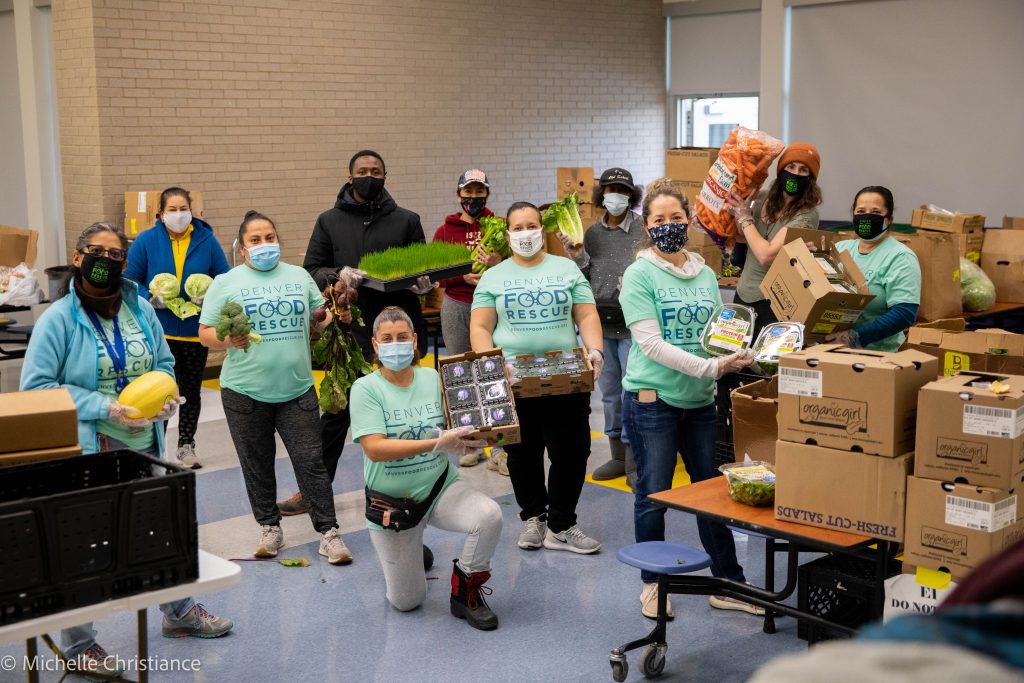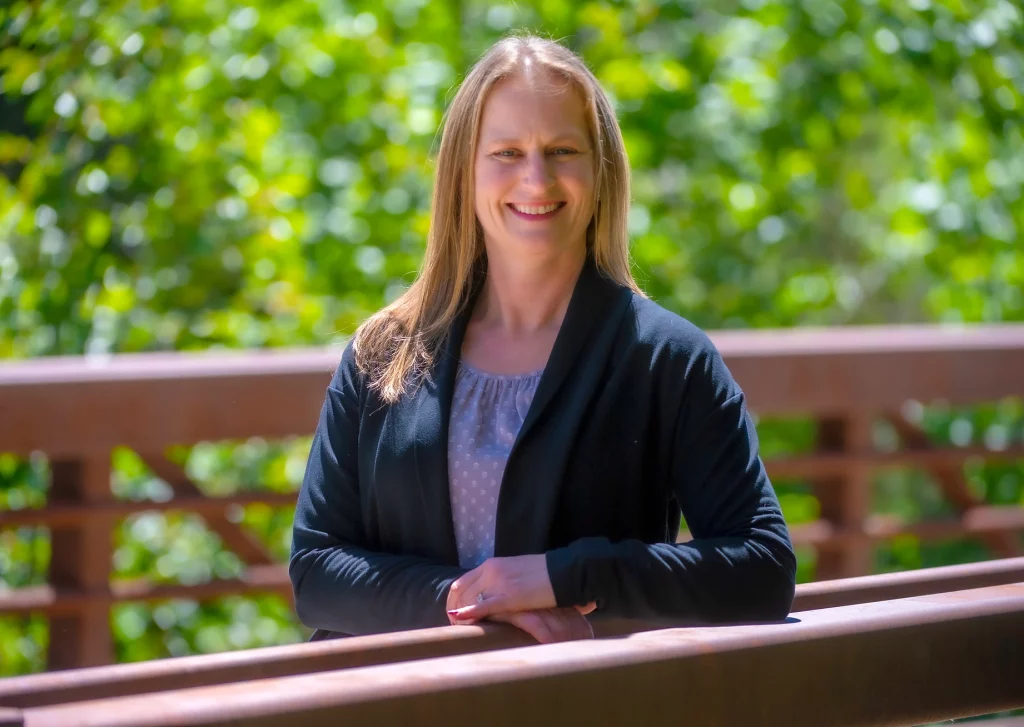Since 2016, KIPP Colorado has addressed food insecurity through its No Cost Grocery Program first in the Far Northeast and starting in 2023, in Southwest Denver.
Partnering with Denver Food Rescue, the initiative ensures that KIPP families and community members can access fresh produce, setting it apart from traditional food pantries.
Unlike pantries that focus on non-perishable items, KIPP’s program gives fresh fruits and vegetables to families, which while a pillar of the program, also presents challenges.
“Some families might not typically buy produce, but through our program, they can receive it for free,” shared Verónica Booz, Advocacy and Community Engagement Coordinator (ACE) for the Far Northeast.

Originally launched at KIPP Northeast Denver Middle and Elementary School, the program has evolved since its inception. It distributes produce bags twice a month to 45-50 families in the Far Northeast, and 20-30 families in Southwest Denver. While historically supported by weekly food donations, the program now operates under a $500 stipend, covering weekly food purchases.
ACE Coordinators order the food and then volunteers help put the food bags together to distribute to the community twice a month in each region. KIPP Colorado is distributing food every week. When food was being donated, it was hard to know how much and when food would arrive, so this option gives them more control over what and how much is coming in.
“With this flexibility in what we purchase, we have been able to listen to families and respond based on their needs for certain kinds of fruit and vegetables. They have been so grateful to have some kind of support and feel that support is directed to them personally,” said Itzel Gutierrez, Advocacy and Community Engagement Coordinator in Southwest Denver.
Building skills and breaking stigma
ACE Coordinators start outreach to families at the beginning of the year to inform them about the program and then personally connect with each one. But word of mouth is still the best way for families to learn about the program, and with a constantly growing list of families who want to participate, the need is apparent.
One unique feature of the program is its inclusion of high school students in roles. Last year, additional stipends paid two high schoolers in the Far Northeast who served as Food Program Associates, learning valuable skills like budgeting, inventory management, and client communication.
This year, one of those students, now a KIPP alumnus, has continued in the role, deepening their connection to the community.

The program also engages parent volunteers, who not only help distribute food but also receive a bag of groceries themselves.
In line with KIPP’s values, the program fosters a culture of belonging. “We’ve always emphasized that everyone and anyone can use the program, and I’ve never had the sense that people look down on those wanting it,” Booz explained. “There is an abundance of food, and we just need to ensure we are distributing it. It’s for everyone.”
The team encourages participation among community members, with 10% of the produce going to KIPP employees.
Adapting to challenges
The pandemic highlighted the growing need for food resources. “We saw an increase in staff members using the program in addition to an increase in community need,” Booz said. While the program doesn’t currently deliver food to homes, it remains a vital resource for families with access to transportation.
Finding reliable food sources has been an ongoing challenge. While the partnership with Denver Food Rescue remains strong, the lack of access to a truck limits KIPP’s ability to acquire produce. Program workers are seeking additional opportunities to collaborate with local food banks and warehouses that can donate produce.
Despite these hurdles, the program has seen overwhelming gratitude and support from the community.
Looking ahead
As KIPP’s No Cost Grocery Program grows, the team hopes to expand its impact. Plans include turning the program into a community service opportunity for high school students and increasing the number of families served and the frequency food is provided.
“We dream of offering the program every week in each region,” Gutierrez said. “We have access to free produce, we just have to go get it.”
For KIPP Colorado, the No Cost Grocery Program is more than just food distribution—it’s about strengthening community connections and listening to community needs.



